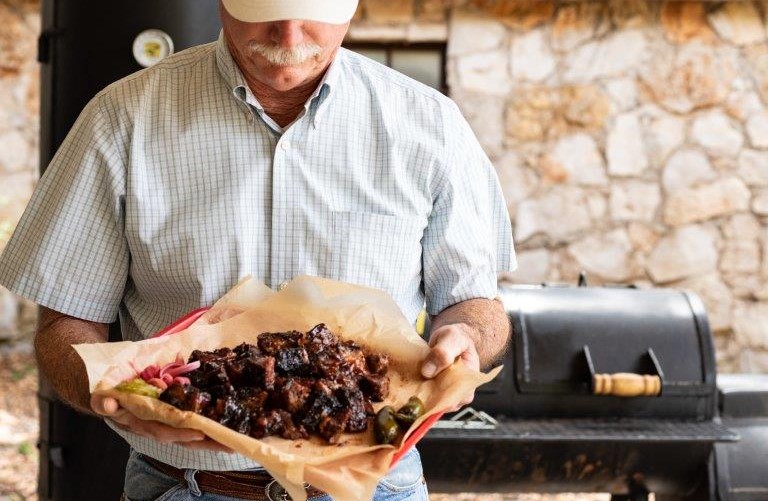
Wortham retires after three decades of service to the beef industry.
By Miranda Reiman
Richard Wortham doesn’t care whether or not people know who he is, as long as they know who he’s for.
His work at the Texas Beef Council has always been about one thing: serving the producers.
Yet as Wortham retires, after starting as temporary assistant in 1988, and worked his way up to executive vice president, he leaves his mark everywhere.
“Richard laid the groundwork for such tremendous opportunity for not only Texas beef producers, but U.S. beef producers, moving forward,” says Kelley Sullivan Georgiades of the Santa Rosa Ranch near Crockett. She got to know Wortham while serving on the Texas Beef Council board.
“We have a lot of headwinds we’re going to go up against, and I think Richard instilled a culture of confidence and perseverance and competence. That’s going to carry on for decades.”
Wortham was recently named Texas & Southwestern Cattle Raisers Association honorary vice president for his service to the organization.
Ball fields and career fields
It all started in Odessa. Wortham’s dad owned an insurance agency, his mother was a homemaker, and Wortham was a self-disciplined and competitive kid growing up the second of four siblings in West Texas.
Wortham became a well-known name in high school, lettering in both football and baseball and drawing attention from colleges across the country. He was a high school All-American, drafted by the Texas Rangers at the age of 18.
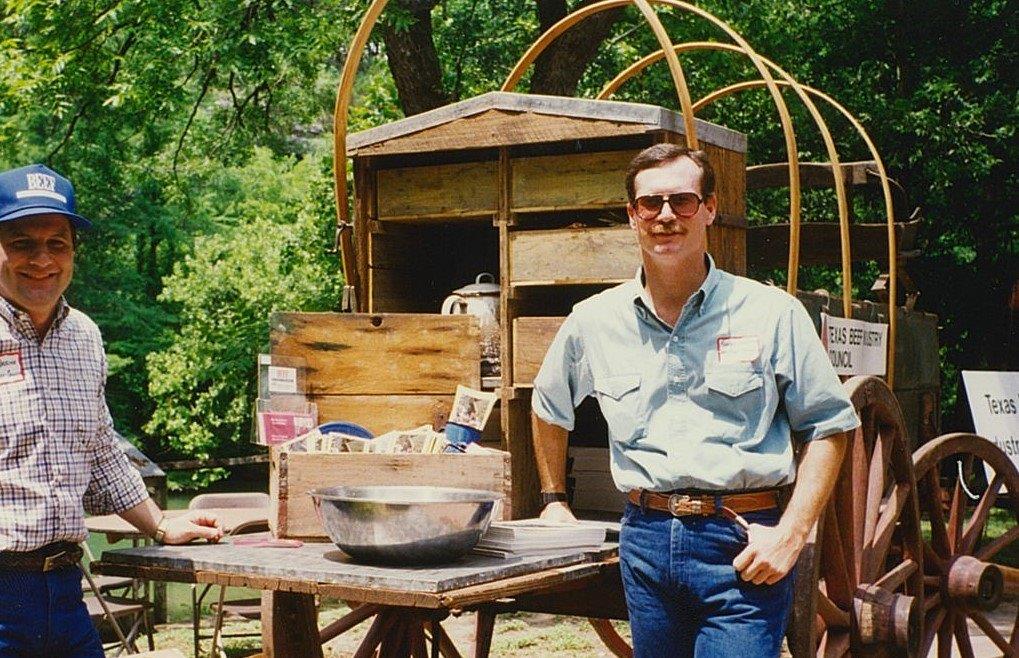
“But my dad told me, ‘You’re going to go to college, because baseball doesn’t last forever,’” Wortham remembers.
He was the first player to reach 50 wins in NCAA history, pitched the final game that won the Texas Longhorns the national championship in 1975, and then went on to play professional baseball for eight years.
But in the end, “Dad was right,” he says.
“When I was good, I was pretty good. And when I was bad, I was pretty bad,” Wortham says. He knew when it was time to leave baseball behind.
The newly retired athlete didn’t have a professional life mapped out before him, but he had much to look forward to. Wortham married his high school sweetheart, Pam, in 1977. They had two young daughters and life on the road found him missing things at home. The family accommodated the sport by splitting time between the various cities where he played and living back in Odessa in the off season.
The Wortham family saw 1982 as their chance to move to Austin for good. Wortham worked in real estate and Pam started in consumer marketing at the Texas Beef Council as their daughters were in school.
That’s where Wortham unsuspectingly bumped into his second calling.
The Texas Beef Council executive at the time asked him to help out, doing some temporary work trying to get the 1988 Checkoff referendum passed.
“I didn’t really come in with any expectations,” he says. “But I always knew who I worked for.”
Collaboration, vision and direction
He naturally transitioned into a full-time position and applied the same dedication he once had in baseball to tasks that ranged from compliance to producer education. He became executive director in 1996.
Early on, Wortham saw the passage of the mandatory national Checkoff and the inception of the National Beef Quality Audit. That 1991 benchmark gave him a concrete measure of success.
“Is beef more consistent today? Yes,” he says. “Is it safer? Yes. So it’s hard for anybody to look back over 30 years and say, ‘Has this made a difference?’”
Although most wouldn’t guess it, Wortham admits he’s never been completely comfortable in front of a crowd.
“But you know, if you know your material and you believe in what you’re saying, then you’re probably going to be okay,” he says.
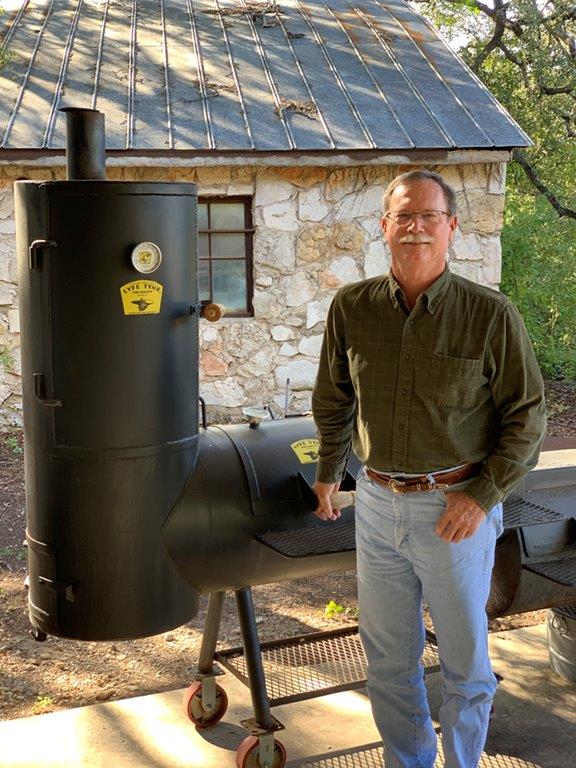
He no longer spends a couple of weeks on a presentation, but the once casual observer of the beef industry always remained full-fledged student and teacher.
“I’ve never been concerned about producers asking hard questions, because this is their program,” Wortham says. If there was an answer he didn’t know, he found it.
Respect came easy, because he gave it as well. A knack for seeing things from all sides, Wortham was a unifier.
But try to make it about him, and the credit is always deflected.
“What is really the stabilizing force behind all of this is the high-quality people I’ve had the opportunity to work with,” he says, praising both staff and board alike. “When you have the same vision, the same work ethics, the same goals, genuinely good things happen.”
During Wortham’s tenure, the Texas Beef Council launched its Beef Loving Texans campaign, the Medical Doctor Outreach program, became the fourth-largest investor in the U.S. Meat Export Federation and began administering the Texas Checkoff in 2014.
“He will be known for making sure the highest priority programs were done,” says Jason Bagley, the council’s vice president of beef resources, who began working for Wortham in 2006. “He’s going to be remembered for bringing the industry together to do what’s best for all ranchers, not one individual group.”
He never rallied people to do what he wanted, rather he drew that collective vision out of the group, Bagley says.
At industry conventions, it was commonplace to see Wortham at the back, listening — never first to the microphone.
“He would sit back and let everybody else in the room talk before he shared his opinion,” Bagley says. “He knew whether he wanted it to or not, his opinion mattered to other people. So he wanted to make sure others had their opportunities to be heard first.”
Focused on his purpose
Sell more beef. That was Wortham’s laser focus since the beginning, and one he ingrained in each of the 20 or so staff members.
“When much is given, much is expected, and when you look at the men and women who pay into this program, they give a lot. They should expect a lot,” Wortham says. So when faced with a hard decision, he always held it up against that litmus test.
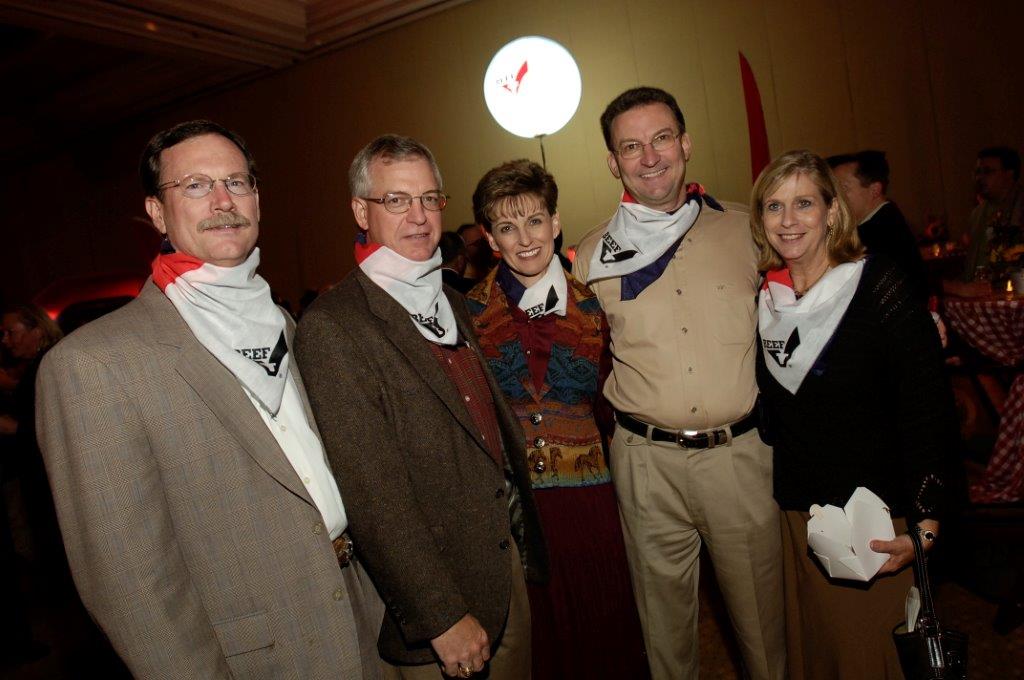
“He set the tone within the organizations that these are not our dollars, they’re our producers’ dollars, and we owe them a return on their investment,” Georgiades says.
Beef demand data told an easy story of success, but Wortham also knew the impact by the moments. There was the “cow that stole Christmas” and the collective BSE response from the industry in the months afterwards. Wortham knew they were onto something as he helped promote U.S. beef out of a chuck wagon in Japan, and when he and his staff helped feed Saddam Hussein’s captors and their cohorts — all 50,000 of them — an appreciation meal at Fort Hood.
He approached all of those instances with the same demeanor he had at 7 a.m. on a Monday or 5 p.m. on Friday.
“He was always calm and collected,” Bagley says.
Whether it was a grease fire that threatened a propane line or keeping a cool head in a heated debate, Wortham has been consistent.
“He has a quiet humility that speaks volumes,” Georgiades says. At a recent board meeting, she says her feisty Irish heritage showed, appealing to other members to stand up and fight for their industry. Then Wortham spoke.
“I think my blood pressure dropped like 25 points at that moment because Richard was so measured,” she says. “Regardless what side of issues they’re on, people know they can talk to Richard because he’s a reasonable person.”
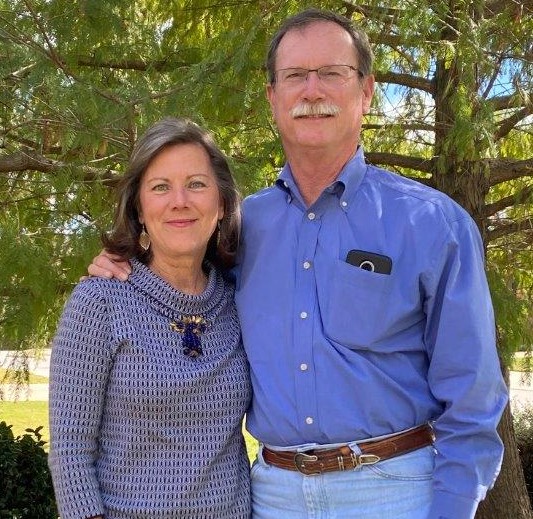
He spent time talking things out with the board, advocating for the industry and spending time with those in the industry, but some of the best conversations may have come as he and Pam shared the 20-minute commute from the office to their home.
“She’s always been a really good sounding board for me, and not just for my perspective going her way, but her perspective coming my way, too,” he says.
Pam retired as senior graphic designer in December. After 33 years, she was the council’s longest running employee. The two plan to spend more time as Mimi and Pop to their grandchildren, and perhaps smoking a few more ribeyes over the mesquite coals.
When Wortham stepped off the ballfield for the last time, he had no idea what lay ahead.
“I guess fate takes you where you’re supposed to go,” he says simply.
People know Richard Wortham’s legacy, whether he wants recognition or not.
Miranda Reiman is a beef industry writer who works from her home office in Cozad, Nebraska.
This story originally appeared in the March 2021 issue of The Cattleman magazine, Texas & Southwestern Cattle Raisers Association’s flagship publication. Join today to start your subscription.
